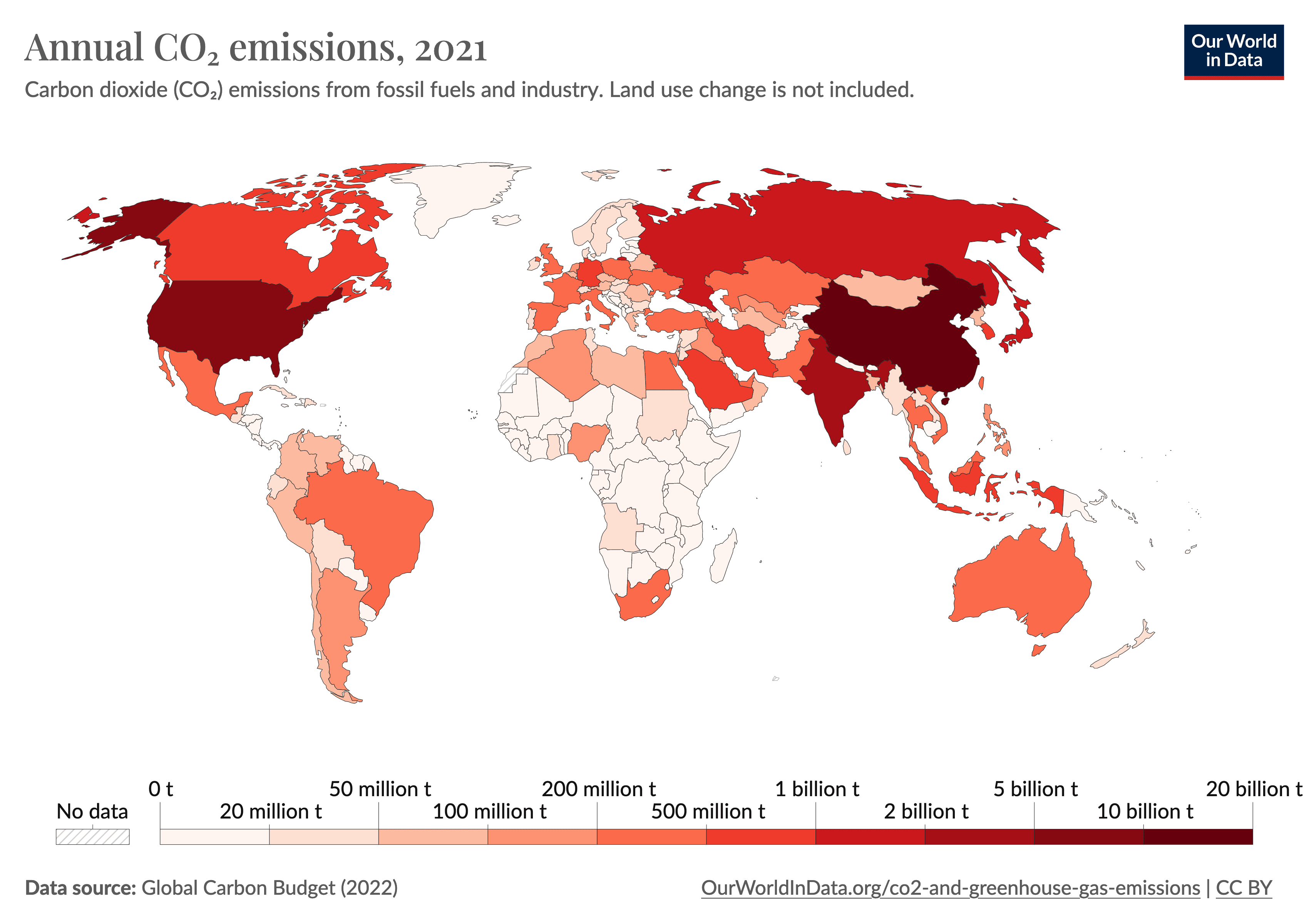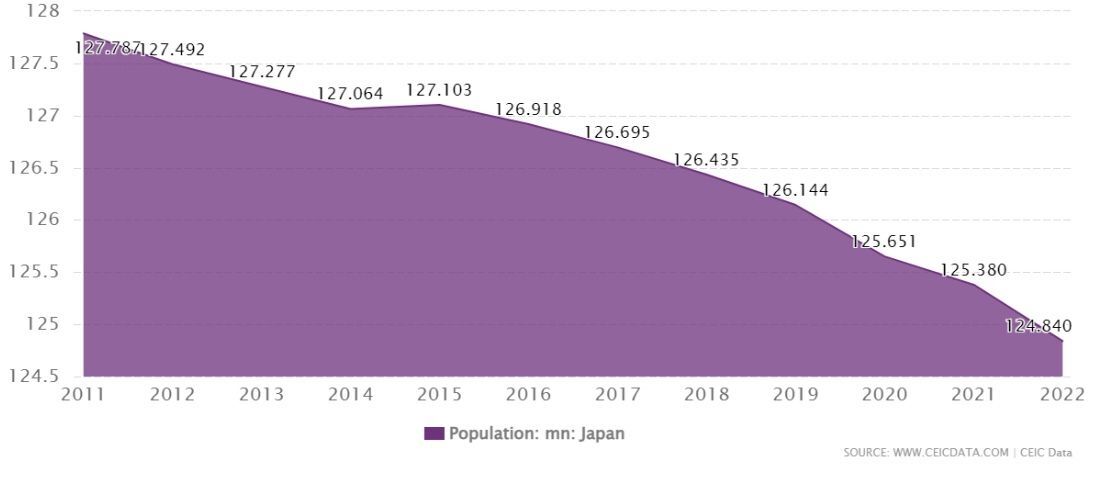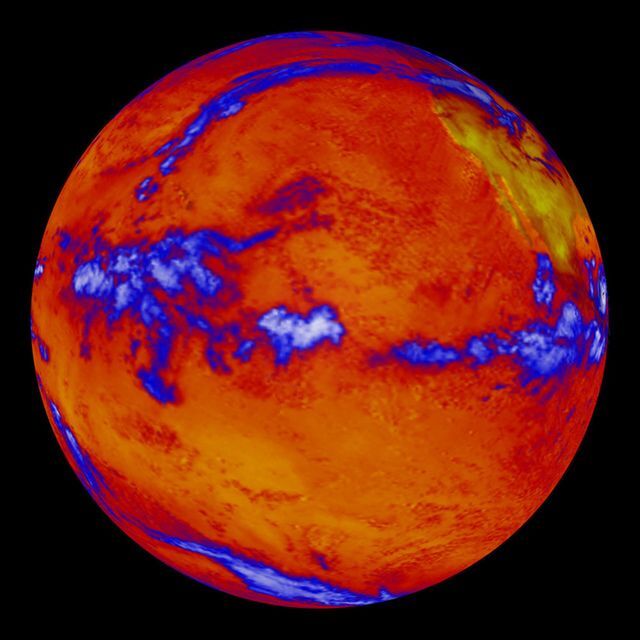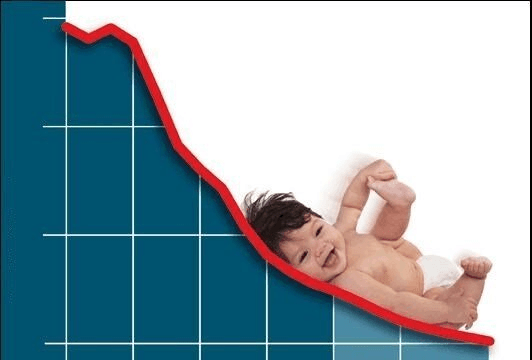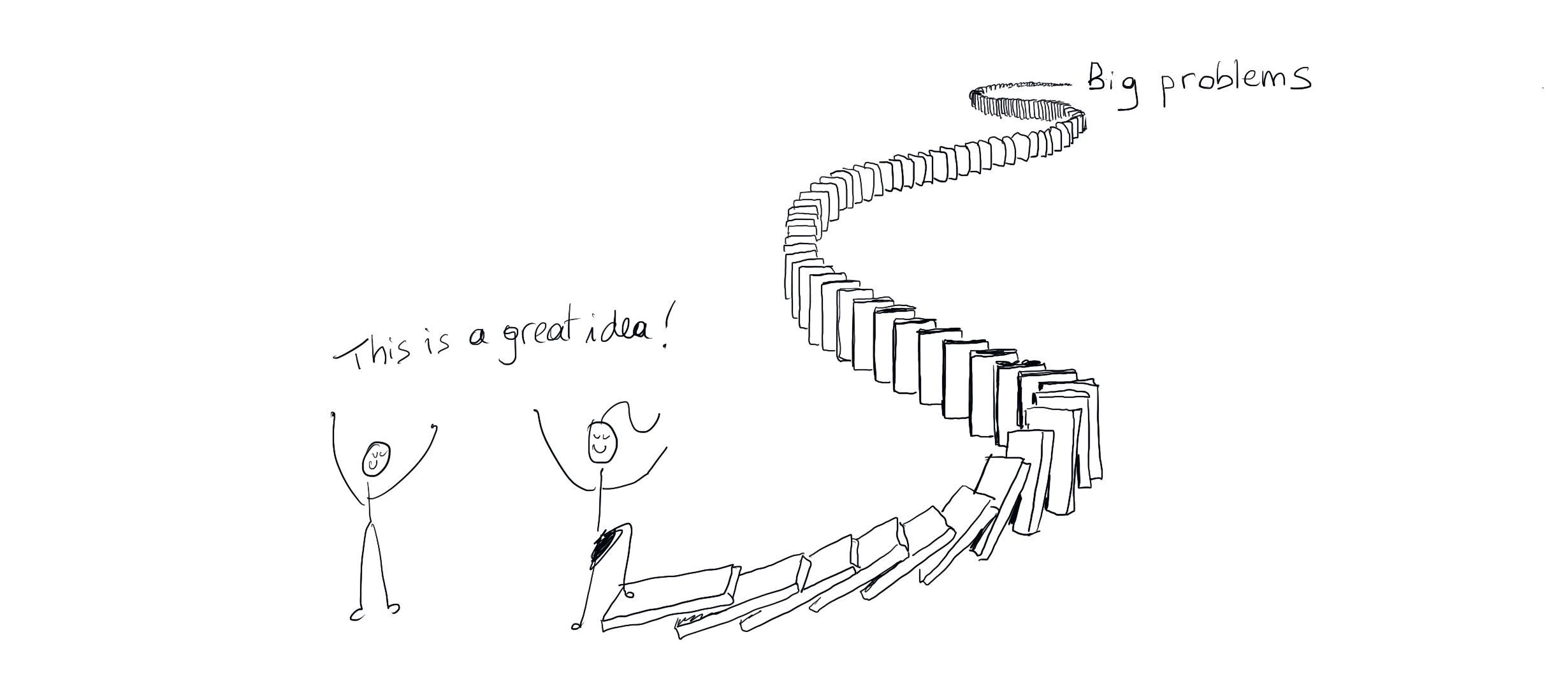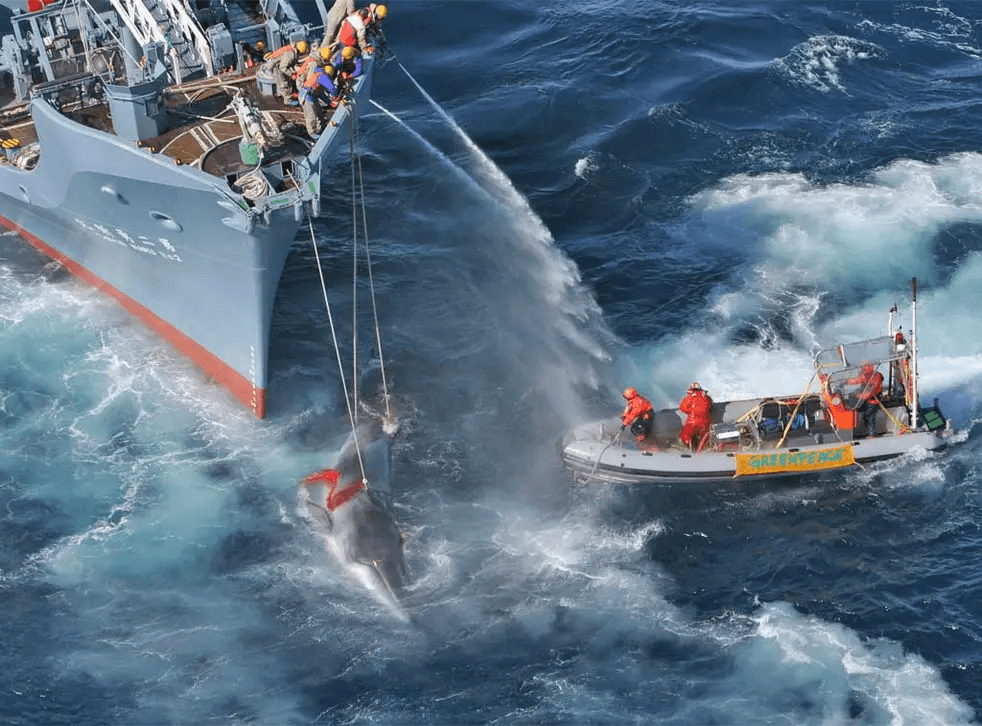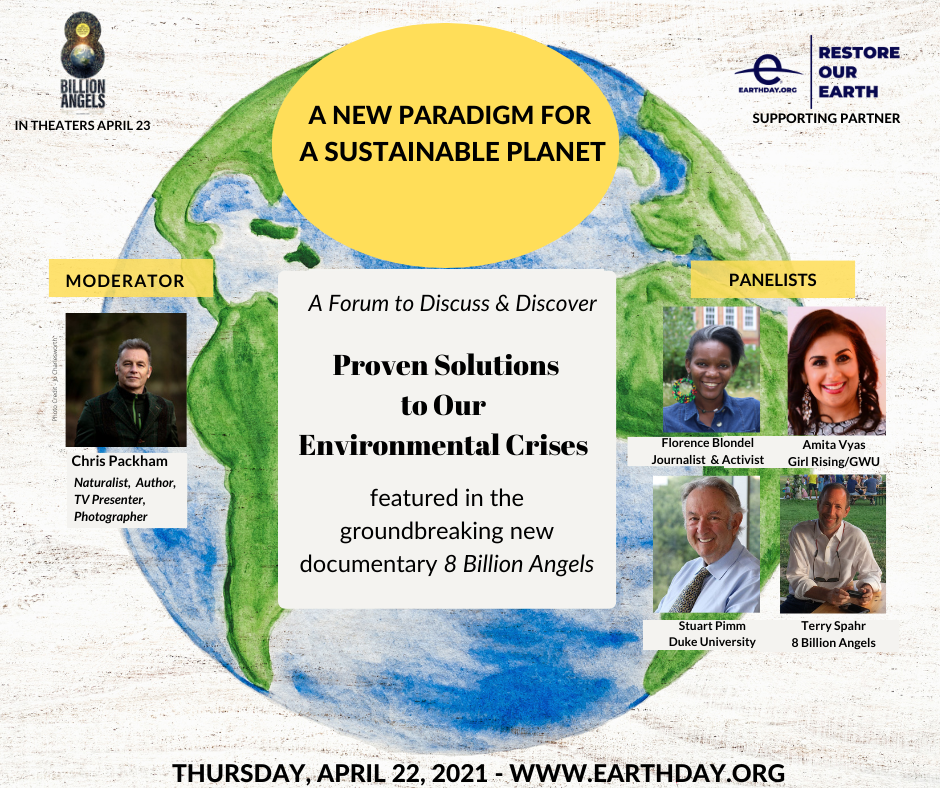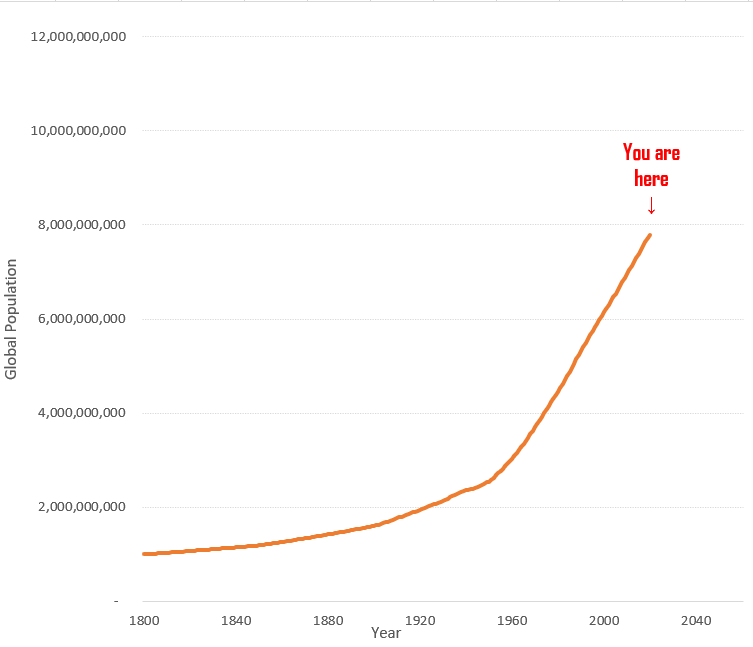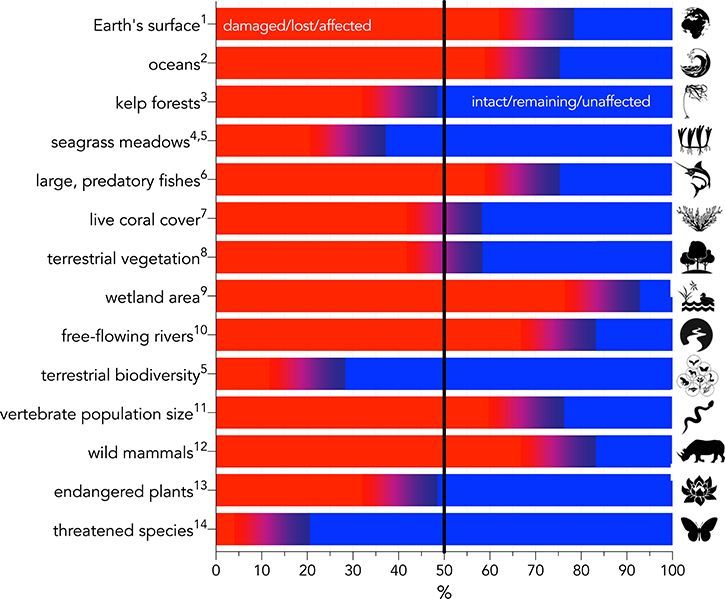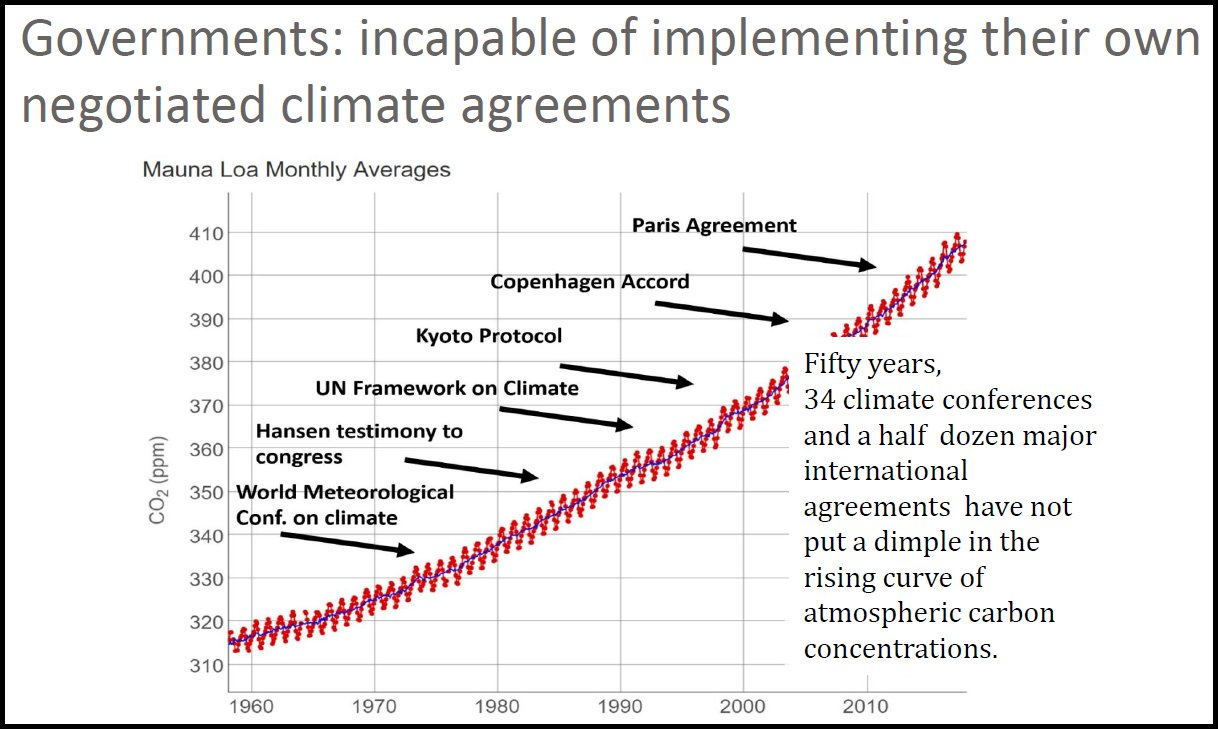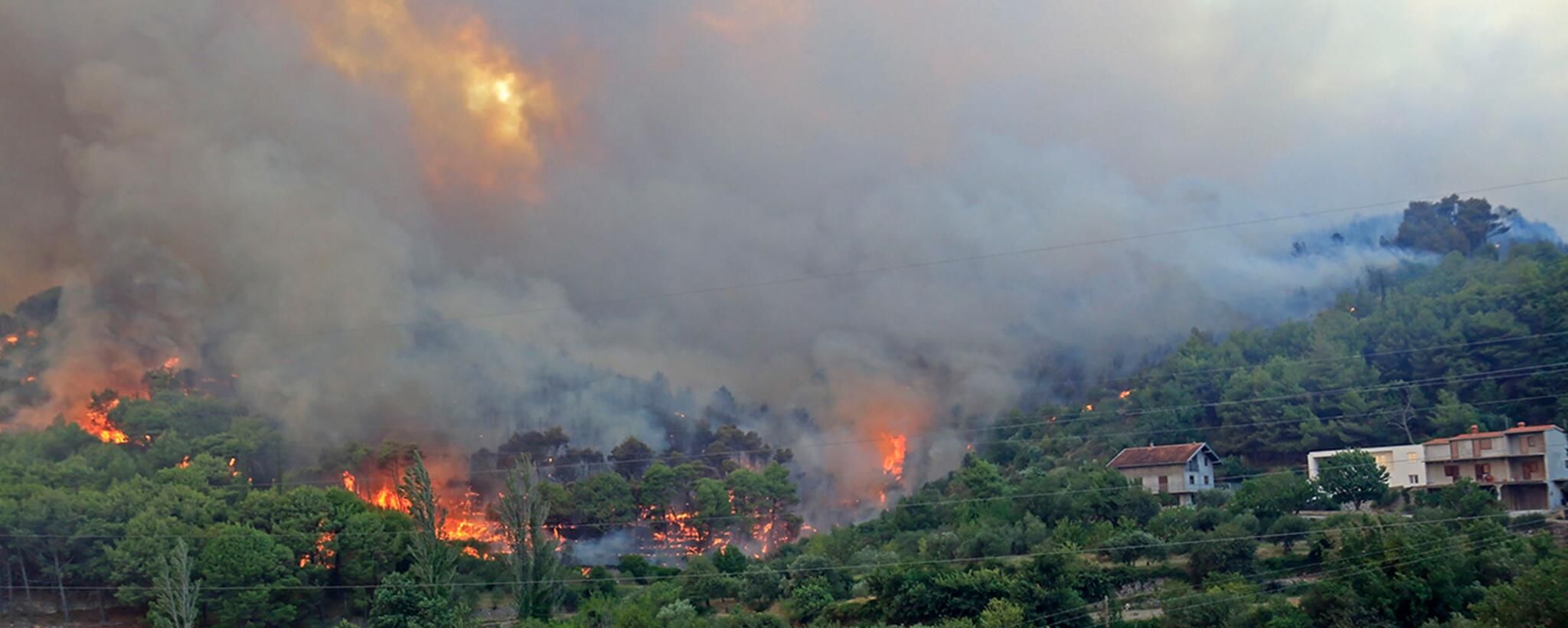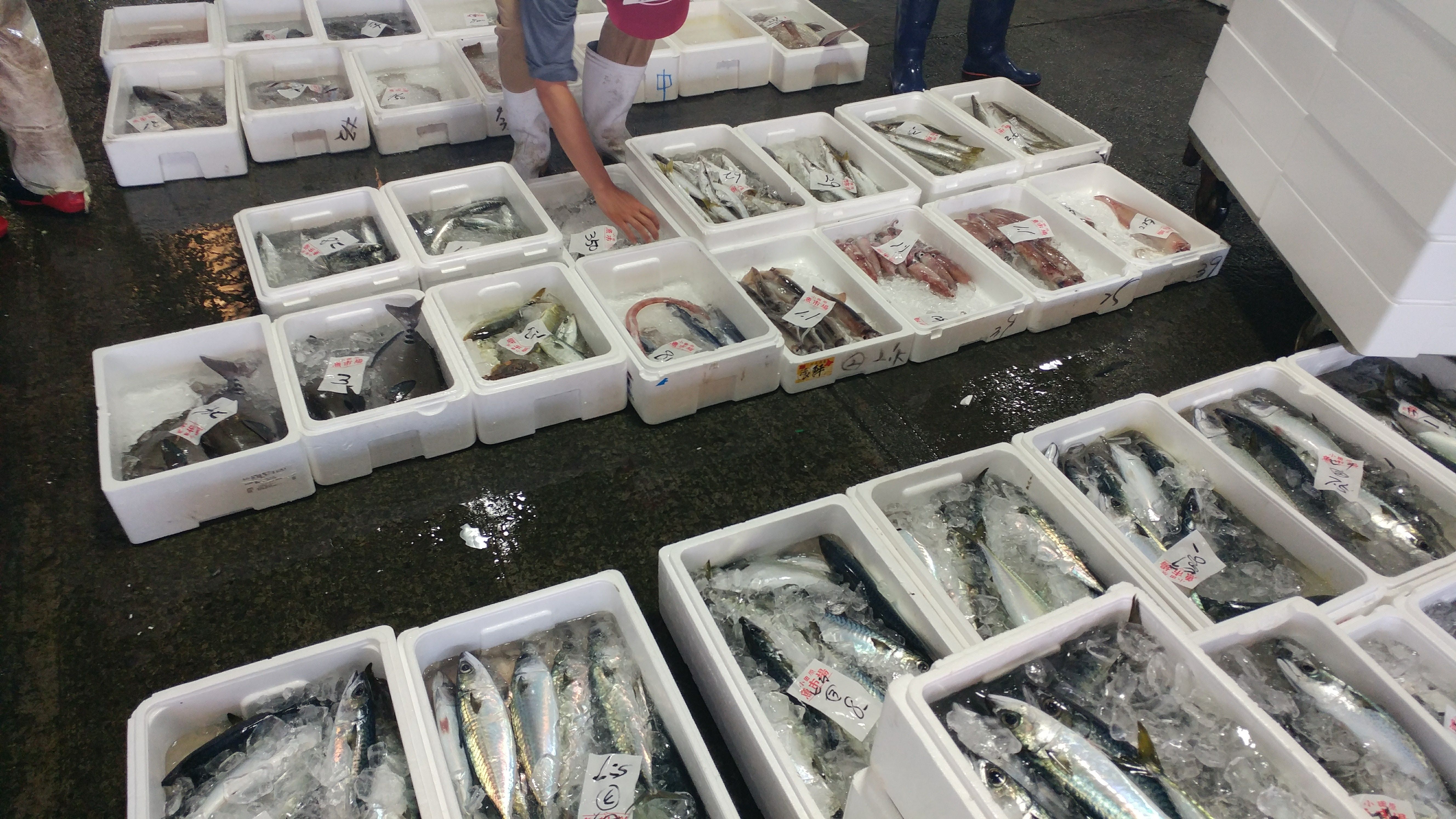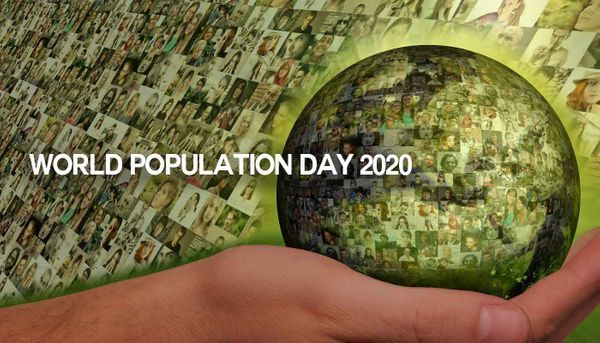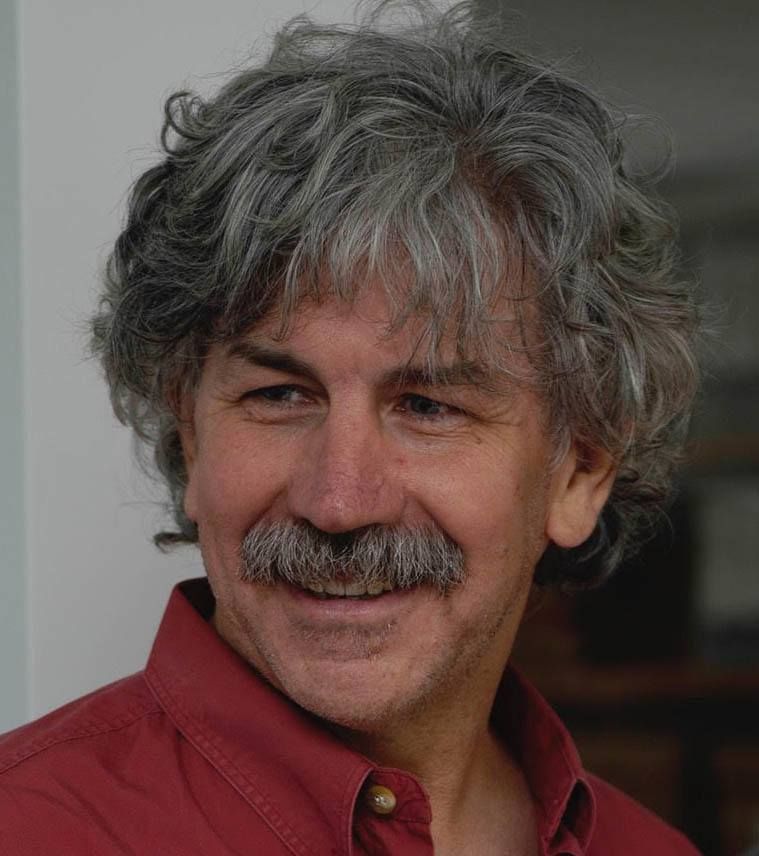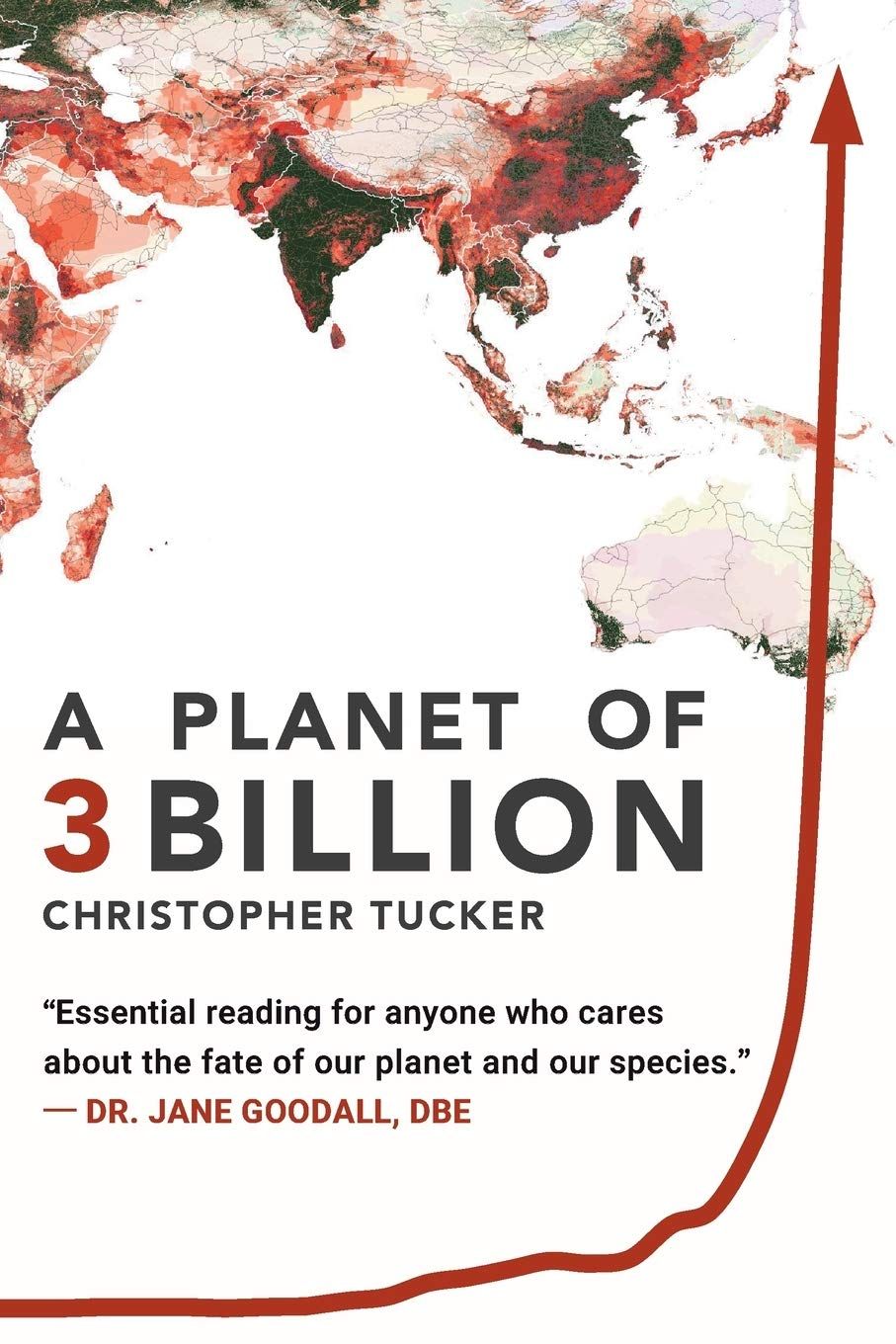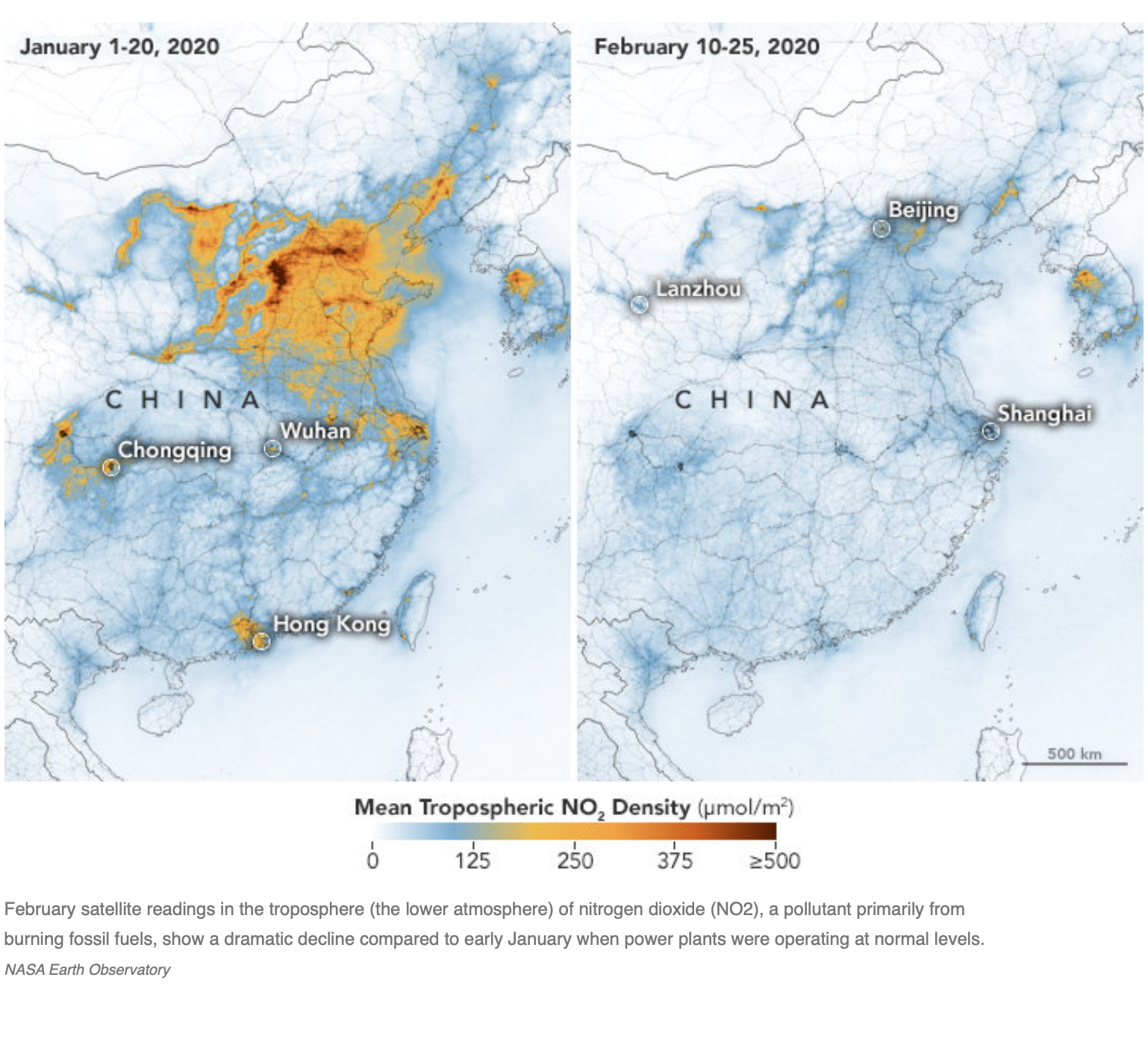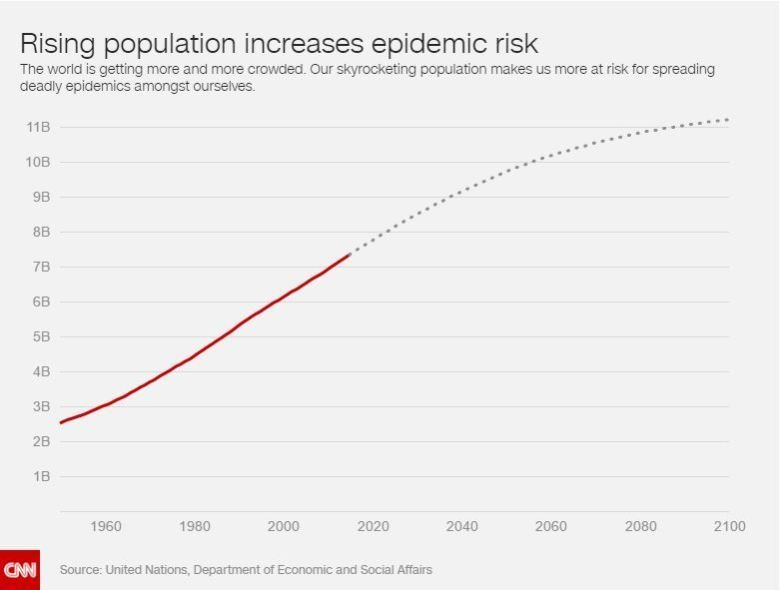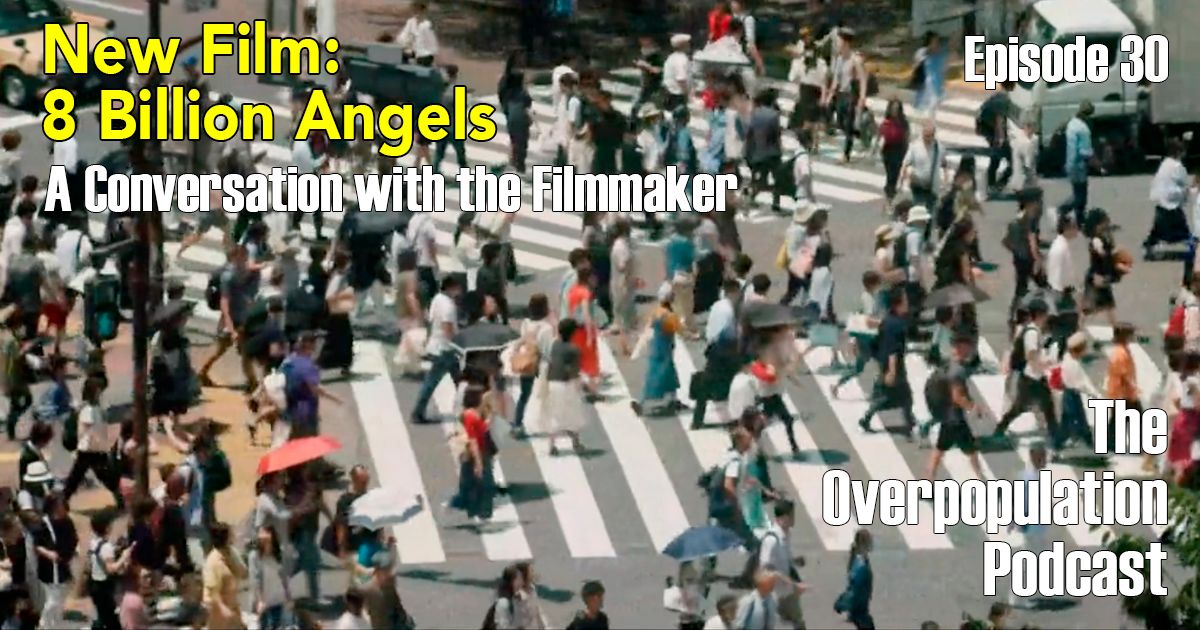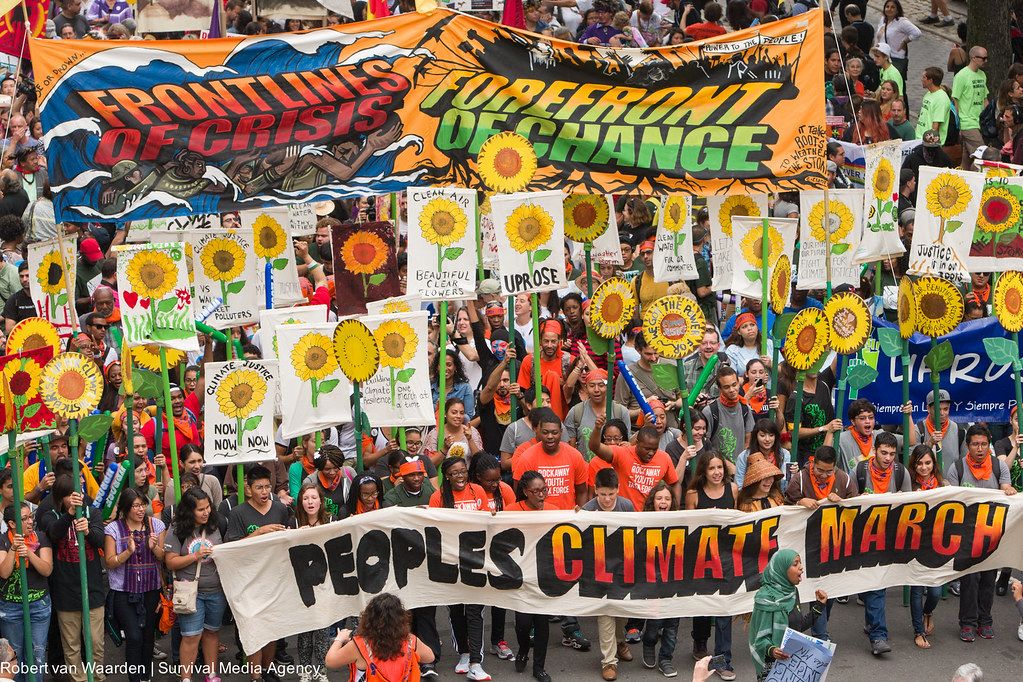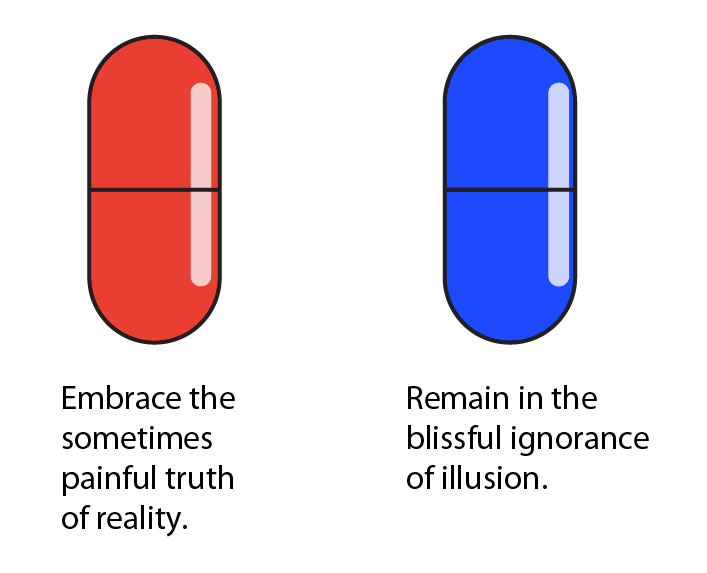Chaos is the law of nature. Order is the dream of man.
Lobsters are declining in numbers, so we should harvest more?
The lack of affordable housing has been a major issue front and center in many communities around the United States and the world. DOES BUILDING MORE HOUSES CREATE MORE PROBLEMS THAN IT SOLVES?
Starbucks rolled out redesigned plastic cups to its US and Canada locations in April 2024. But does this initiative really make Starbucks any “greener” at the end of the day?
The Daily Show's Grace Kuhlenschmidt recently interviewed Josh Spodek, a friend, colleague and Earth Overshoot supporter. We think you will find it highly entertaining and inspirational.
COP 28, the United Nations' annual climate summit is happening right now in Dubai, United Arab Emirates. These climate conferences have been taking place since 1995 and every year, save for temporary recessions, global emissions keep going up and up and up and up.
If there was a solution that was actually working would the 70,000 attendees want to know about it?
Look no further than Japan.
Wishing away overconsumption without reducing population or affluence is a denial of math.
2023 has been the hottest year on record. What does history teach us about what we can expect for the future?
Fearing low birth rates is like obsessing about cancer while playing blindfolded in traffic.
Treating the symptoms of overshoot like lack of affordable housing, whether with subsidies, cost controls or greater development may temporarily lessen the pain, but eventually the problems will resurface or metastasize to new places. We must address the problems that take into account the bigger picture problems of overconsumption and unsustainable population growth with solutions that improve quality of life if we are to maintain our quality of life and a healthy environment.
As its first story of 2023, the iconic television news program "60 Minutes" featured the conclusions of several esteemed scientists who say that the Earth is suffering a crisis of mass extinction on a scale unseen since the dinosaurs. The cause of the destruction, as described succinctly by Professor Paul Ehrlich on the same "60 Minutes" segment: “too many people, too much consumption and growth mania.”
The economic and social challenges tied to slowing birth rates are child's play compared to the ecological plights, societal and human health costs and national security perils any country will experience from unsustainable population growth.
Filmmaker, environmental activist and Executive Director of Earth Overshoot Terry Spahr was a recent guest on Population Media Center’s “Population Eight Billion” Podcast. During this revealing conversation with Host Veronika Perkova, Spahr unpacks the immutable and often overlooked connection between consumption and our financial system and its consequences.
This past week the media announced an historic climate legislation deal was struck in the Senate. The Inflation Reduction Act of 2022, ( a misleading title because the Act will do nothing to tame inflation) will allocate $370 billion in spending toward a “Green Energy” future.
Where is the money going?
How do you educate someone who has wrapped part of their identity around scoffing at environmental concerns? You look for "softer targets" closer to home. Earth Overshoot volunteer Amy Tschudin explains.
If humanity ignores the true source of the manatee’s plight - our unsustainable growth in human numbers and consumption -- with band-aid solutions and "rescue" attempts, we will only delay the inevitable and ultimately drive them and many other creatures to extinction.
Joe Biden's desire for short-term economic prosperity undercuts his vision for long-term planetary health and serves as the perfect example of the dilemma presented by our reliance on fossil fuels in the face of unsustainable population growth.
If we are to ever have a sustainable planet, it will be by focusing on the bigger picture of unsustainable population growth and not the myriad of environmental, social and economic crises it creates.
Despite having an Earth Overshoot Day every year, Terry Spahr proposes we focus instead on the real work that must be done every day, including ending unsustainable population growth if we are to achieve a just, equitable and sustainable world.
Earth Overshoot's event will be live-streamed as part of EARTH DAY LIVE events April 22 to audiences around the world. Experts in conservation biology, gender justice and public health will discuss issues raised in the 8 Billion Angels documentary.
How do we actually break the habit of expecting GDP grow forever? How do we get our government, the financial community, the media, and ourselves trained onto new metrics for our economic and social prosperity? No metric will ever be perfect but there are alternatives to the GDP.
A recent report issued by an international collaboration of 17 scientists warned that the world is treading towards a “ghastly future of mass extinction, declining health and climate-disruption upheavals.” Terry Spahr reports that what distinguishes this report says a lot about how far we have come in confronting our environmental crises but how far we still have to go.
If the Biden Administration’s efforts to address our climate emergency headed by newly appointed Climate Czar John Kerry have any chance of succeeding they must break with the past and embrace a new strategy with vision and courage. Earth Overshoot's Terry Spahr offers a list of "must dos" for the new adminstration.
For climate change and sustainability, the road less traveled that we must now take, is our unsustainable global population growth.
Why do leaders on both sides of the political aisle fail to see, or fear to admit the true underlying cause of the West Coast wildfires with the public? Earth Overshoot Executive Director Terry Spahr writes about our tendency to reject what may be true but complex in favor of what is simply false.
Although the plunging numbers of sea life might suggest we should focus on setting more catch limits or enforcing fishing moratoriams, the ever-increasing global population makes a consumption-based approach nothing more than a stop-gap measure. By taking a two-pronged approach that addresses BOTH the supply of marine life AND the demand we can increase our changes for creating a sustainable food source and a healthy ocean ecosystem dramatically.
World Population Day (WPD), established by the United Nations Development Programme in 1989, falls on July 11th every year and focuses attention on the urgency and importance of population issues.
Hopefully most of us can agree that empowerment of women, choice and agency in regards to family size and worldwide access to affordable family planning and contraception services is a moral imperative. Not only are they essential human rights but, once in place, they lead to smaller family sizes, which are better for families, communities and the planet.
Listen in as Earth Overshoot's Terry Spahr discusses the global consequences of our human numbers and why family planning is an essential solution to many of the social and environmental problems we face on a global scale.
The 12-minute interview with Terry starts at minute 6 on the podcast.
Earth Overshoot Executive Director Terry Spahr sent his youngest son off into the world with a personal message that reflects his feelings about nature, sustainability and the changing nature of "normal." What lies ahead for the Class of 2020?
Greenpeace International Co-Founder Rex Weyler gets real on climate change, sustainability and overshoot.
Enjoy this interview, courtesy of our friends at Rewilding Earth, with the straight talk Weyler is known for including the one solution that most environmentalists refuse to tackle as well as his hope for the future of humanity and nature.
Earth Overshoot Executive Director Terry Spahr reviews the book, "Planet of 3 Billion" by Chris Tucker, which details the role our human numbers play in the global environmental and societal problems currently facing the planet.
Does it take a deadly virus to make a global population of almost 8 billion people reduce their consumption? Terry Spahr, founder of Earth Overshoot explains what 57 years of record keeping tells us.
Terry Spahr explains how our ability to both spread and combat pandemics and other disease outbreaks is connected to our fossil fuel addiction
Covered in this discussion: the population versus consumption debate, and the obstacles to recognizing overpopulation as the root cause of climate change, fresh water shortages, and environmental degradation.
2019 has been a year of tremendous growth and change for Earth Overshoot. With your support, we look forward to accomplishing much in 2020 as we strive to bring sustainability to our world.
Unsustainable population growth is being increasingly acknowledged around the world as the primary driver of environmental degradation as the public becomes frustrated with the lack of progress that is being and can be made merely by addressing the symptoms including climate change. Earth Overshoot will continue to work to change social norms that result in a healthier planet for all.
Climate change is blamed for seemingly every environmental emergency, but the catastrophic decline in the bird population points to a more fundamental problem. Learn more here.
Earth Overshoot Executive Director dispels the concept of technology as the holy grail of environmental salvation.
Our core ecological problem is not climate change. It is overshoot, of which global warming is a symptom. Overshoot is a systemic issue. In recent decades, as climate change has come to dominate environmental concerns, there has been a significant shift in the discussion. Our failure to see climate change in context may be our undoing.
Richard Heinberg, Senior Fellow at the Post Carbon Institute, skillfully explains why systemic change driven by a moral awakening, and not technology, is our only hope to solve our biggest environmental problem. Reposted from EcoWatch.
Earth Overshoot Executive Director Terry Spahr explains how promoting smaller families can ensure our individual freedoms in the form of sustainability, prosperity and peace.
A report issued by the United Nations last week states that up to 1 million plant and animal species are on the verge of extinction with devastating implications for human survival. How did we get to this point?
In the movie, The Matrix, Keanu Reeves' character, Neo, observes his current life and senses foreboding, a palpable feeling that something else is unfolding around him to which he and everyone else is oblivious.





